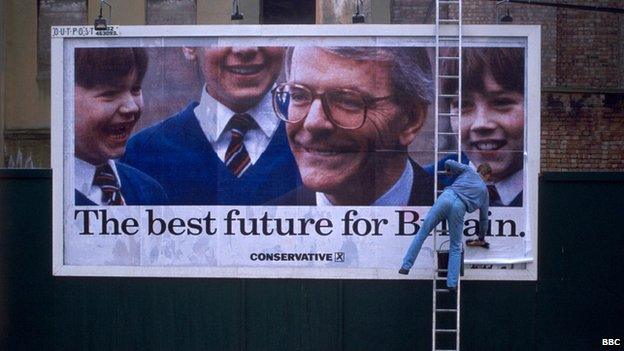Election 2015 Pollwatch: No breakthrough yet
- Published
We're still awaiting take-off in the 2015 general election campaign, with none of the main parties yet seizing any clear advantage.
Since last weekend I have monitored 16 national polls and Labour has been narrowly ahead in seven, the Conservatives in four and a dead heat in five.
What are we to make of it all? Well, it is certainly a challenge for those who have to provide news and insights during the long election campaign. How many different and interesting ways are there to describe a walrus moving barely one inch?
In all but two of this week's polls, the Conservative share has ranged between 33-34% (I specifically exclude ICM's 39% Conservative rating as the polls surrounding it convince me, at least, that it was an outlier).
Labour's ratings all ranged between 32-36%, those of the Lib Dems between 7-9%, for UKIP between 10-17% (once again excluding ICM because its 7% for the party seemed the most obvious explanation of that poll's singularity) and for the Greens between 3-8%.
Whatever the fortunes of his party on 7 May, the 2015 campaign has been a good one, so far, for Ed Miliband.
Low expectations about his abilities, so widely sown by his opponents seem, in the end, to have left them the headache, not him.
He certainly struggles to make headway with the public on some prime ministerial characteristics, but this week's MORI suggested a 12 point improvement in his satisfaction ratings in just one month. His net satisfaction rating was -19% (compared with -31% in March) and Mr Cameron's was -14%.
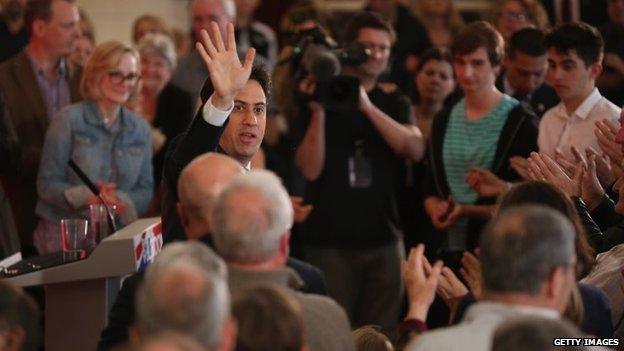
Survation's post-televised debate poll had Ed Miliband winning the debate, although Nicola Sturgeon was judged to have performed best, with Nigel Farage also performing strongly in the opinion of respondents.
These debates don't appear to have changed voting allegiances but they do seem to have made the Conservative decision to turn the election into a presidential contest rather questionable.
As the rest of us try to curtail our excitement, some seek answers to the seeming logjam in the polls by discovering hidden truths.
What if the Conservatives have really been leading in the polls throughout the campaign and only faulty methodologies have been disguising it? In four of the last five general elections the polls have indeed overstated Labour's share of the final vote. It would have been so much neater if it had been five out of five but in 2010 they understated Labour's share.
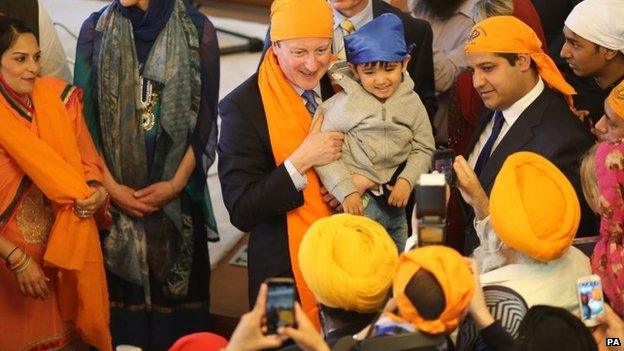
In any event I am sceptical whether the old "spiral of silence" argument, whereby people supporting an unpopular party are unwilling to admit their support publicly which disguises the party's real strength until polling day, works in the same way today.
All three main Westminster parties are very unpopular at present, so how we assign any "silent advantage" in the polls to just one of them over the others is beyond me.
Another week passes and no party has any clear advantage over another. Time is fast running out for the sustained cross-over in support that the Conservatives and Labour need to happen if either is to win a parliamentary majority.
Subscribe to the BBC Election 2015 newsletter, external to get a round-up of the day's campaign news sent to your inbox every weekday afternoon.
- Published11 April 2015
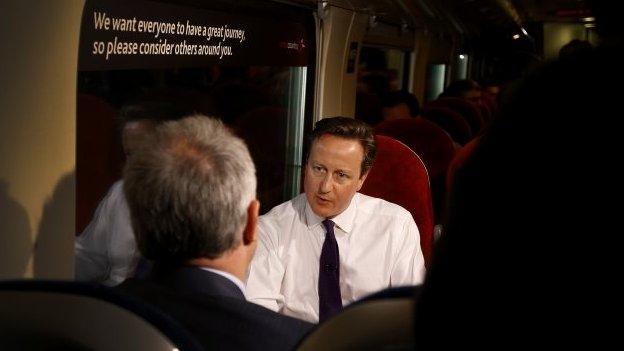
- Published5 April 2015
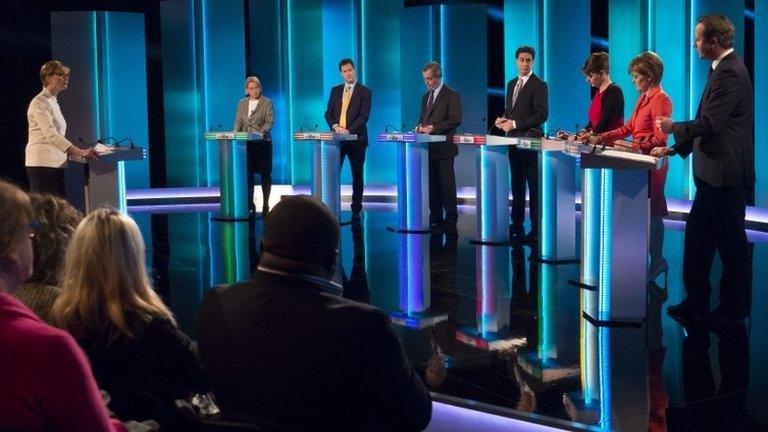
- Published28 March 2015
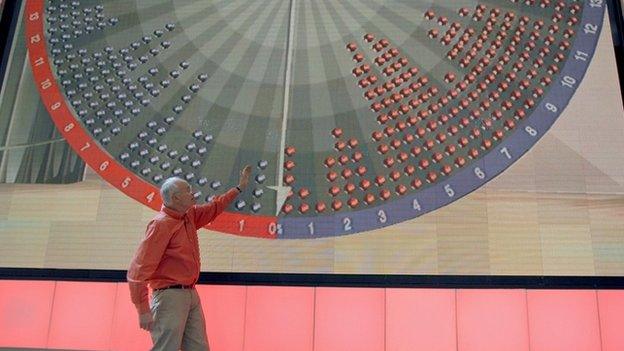
- Published18 February 2015
